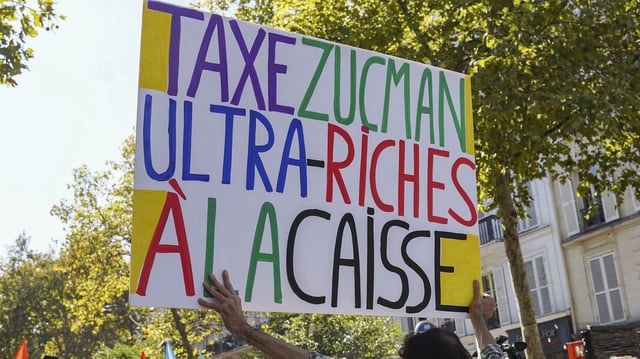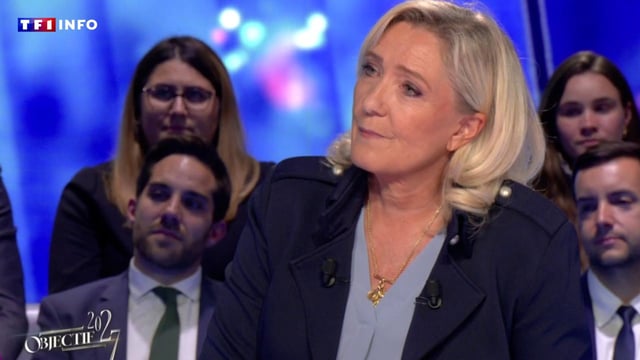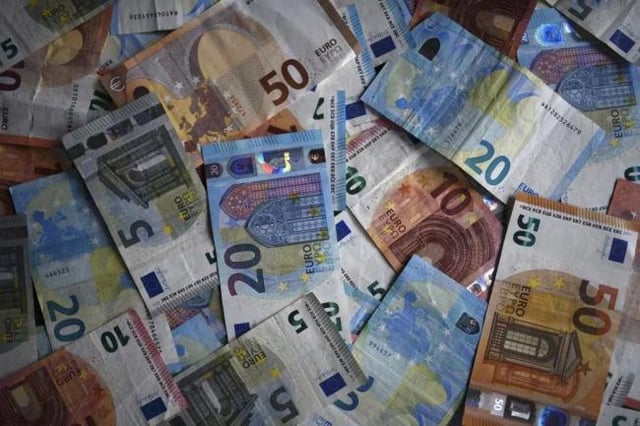Overview
- Economist Gabriel Zucman proposes a 2% minimum levy on the portion of net wealth above €100 million, applied to total assets and calibrated as a differential to ensure an effective floor.
- Roughly 1,800 French households would be covered, with Zucman touting about €20 billion in annual revenue that several economists and a CAE analysis cut to nearer €5 billion after avoidance and behavior changes.
- Legal uncertainty persists, with critics citing the absence of a cap as potentially confiscatory and others arguing the €100 million exempt base and design could pass constitutional review despite the 2012 precedent.
- Implementation hurdles include illiquid fortunes concentrated in shares, highlighted by Mistral AI’s Arthur Mensch, prompting ideas for in‑kind payments via a Bpifrance‑managed fund and a five‑year exit‑tax to limit relocations.
- Politically, the National Assembly backed an enabling bill but the Senate rejected it and the government remains opposed, as business leaders like Bernard Arnault and Medef warn of investment risks despite an Ifop poll showing about 86% support.



